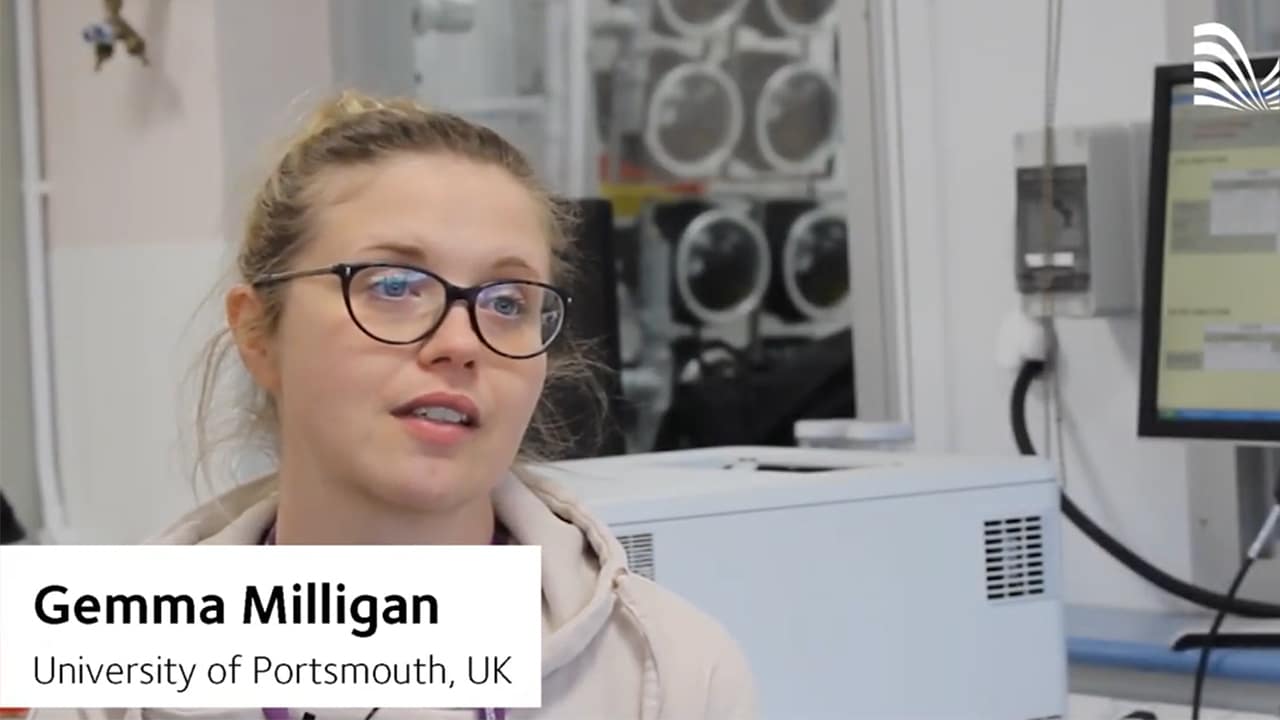What is sport and exercise science?
Sport and exercise science is a varied set of disciplines that involves the health and science of physical activity.
Overview
The ‘sport’ aspect of sport and exercise science includes the examination of sport performance, coaching, organising and officiating, and the impact of sport on society. The ‘exercise’ component of sport and exercise science includes investigation of the positive and preventative impact of exercise on a wide range of major physical and mental health conditions, including inactivity, obesity, diabetes, cancer, cardiac rehabilitation, and depression. It also involves helping to prepare and protect people working in challenging environments, such as firefighters and the military, to ensure that they safe when performing their job.
At the core of sport and exercise science is an understanding of how our bodies react, respond, adapt and repair. Sport and exercise science degrees are scientifically rigorous and provide students with a comprehensive overview of physiological, psychological and biomechanical processes involved in physical activity. Physiology – the science that aims to understand the mechanisms of living – is a fundamental component of sport and exercise science.
Sport
When you think of sport, you might think about a particular athlete, sports personality or squad. However, look behind the sporting stars and there is usually a large team of coaches, physiologists, strength & conditioning trainers, nutritionists, psychologists, biomechanists and physiotherapists, supporting performance and aiding with injury and recovery. A career in sport science can be broad: from nutritional, training and performance consultancy, through to monitoring athletes in a lab-based environment.
Exercise
Regular physical activity is vital for leading a healthy life. Research in this field has shown that physical activity can help tackle some of society’s biggest challenges, such as obesity, diabetes, cancer and cardiovascular disease. Furthermore, physical activity into later life can fight age-related conditions such as muscle loss and heart problems, helping us to lead longer and healthier lives.
Exercise physiologists work in the lab and in the field to gather a wide range of data on an individual’s response to exercise. This includes measuring not just their speed and power, but also the biochemical processes taking place such as oxygen consumption, blood flow and biochemistry, sweat composition and production and even urine production and composition. A good understanding of these can lead to findings that benefit everyone – the young and old, athletes and even the daredevils amongst us. By contributing to research in this area, you will be helping people to achieve more and take better care of their health. Scientists working in the areas of exercise science have also studied people working in physically challenging jobs, such as firefighters, in order to develop guidelines that will ensure their safety and physiological well-being.
Your career
A career in exercise science can be extremely varied, from researching the effects of altitude on mountain climbers, to advising patients on pre- and post-operative activity plans.
For more information on sport and exercise science, check out the British Association of Sport and Exercise Sciences website.


